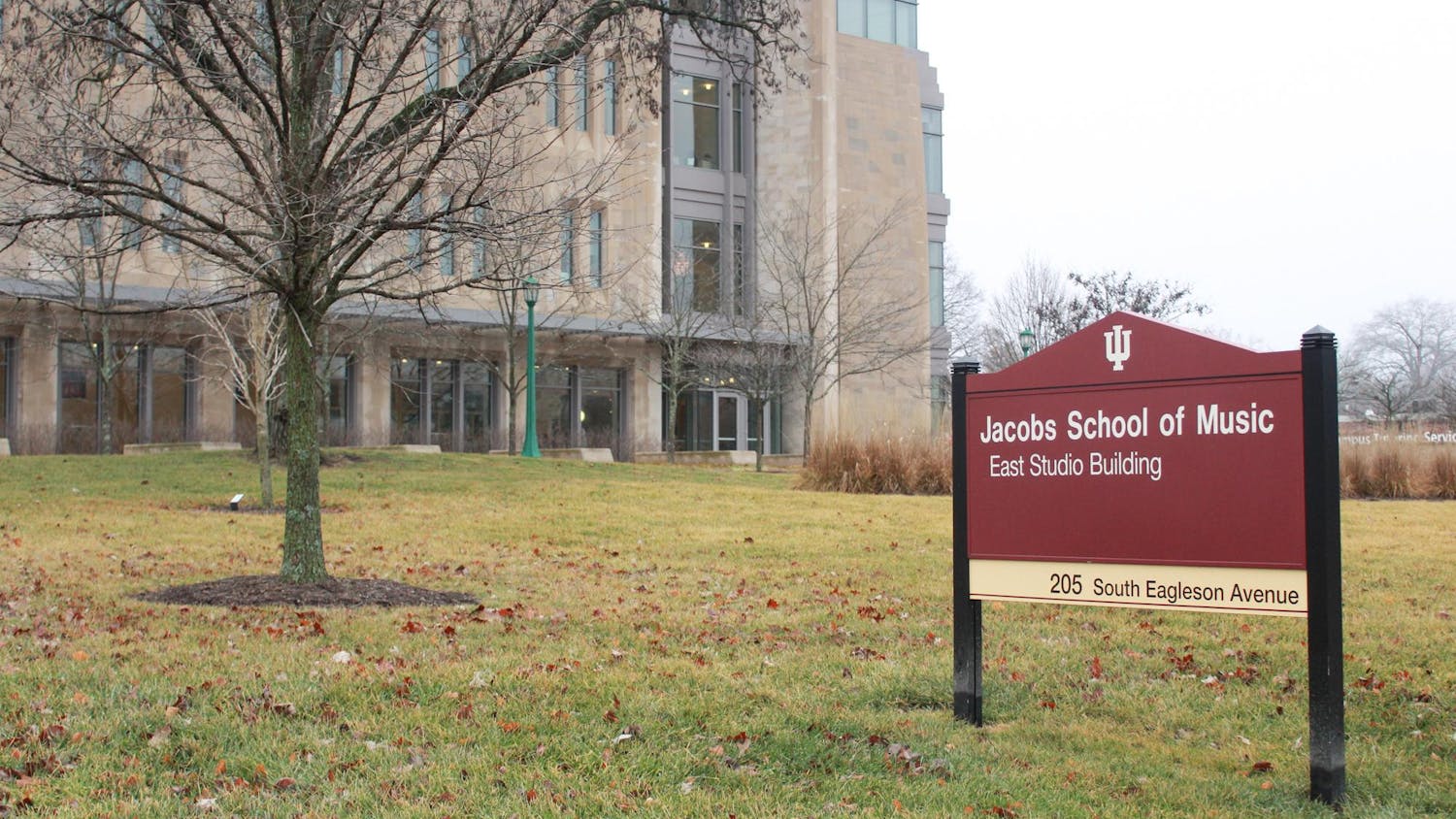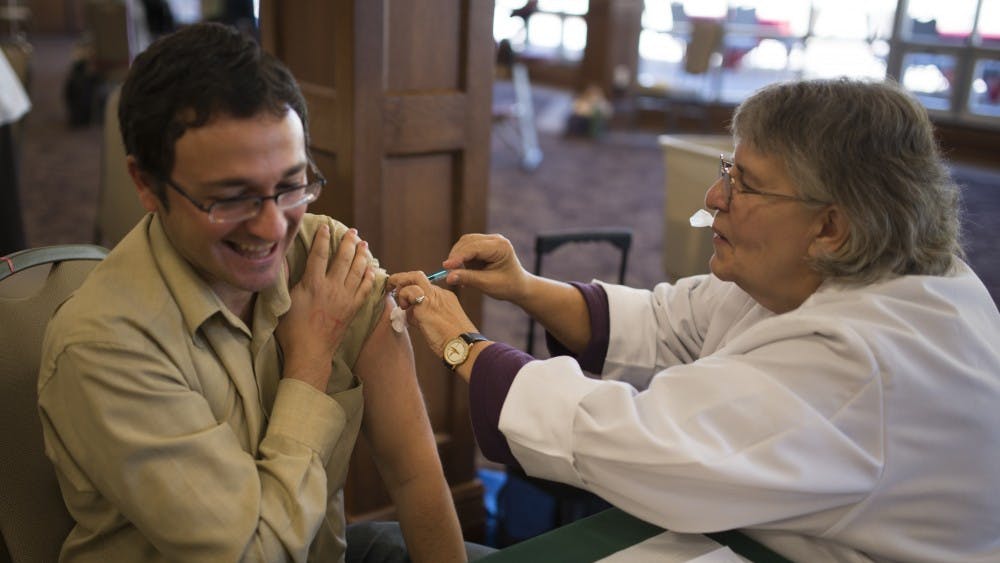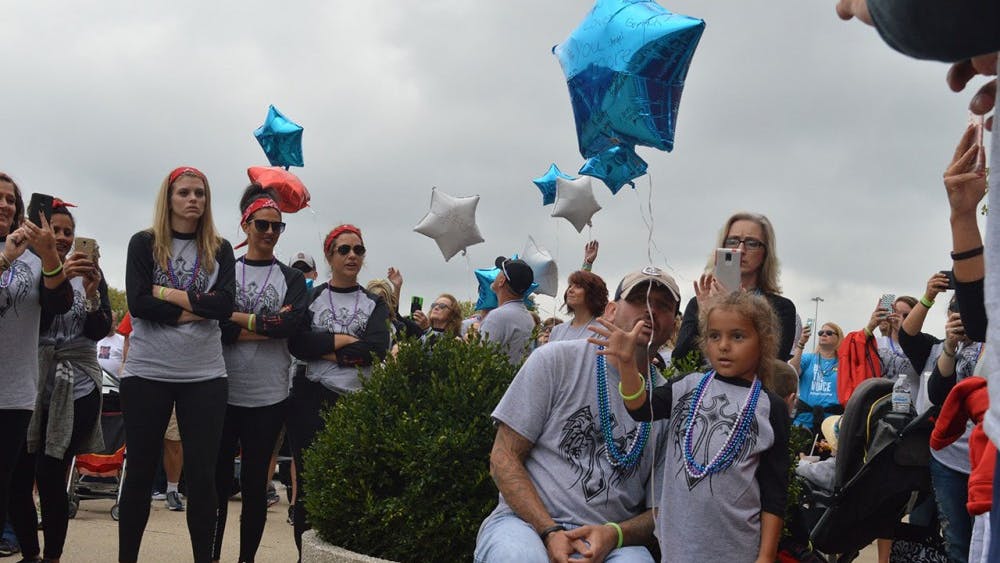When sophomore Nick Lane, 19, smoked the herb Salvia divinorum, he spent 20 minutes in a state of complete physical debilitation. His hallucinations were vivid, colorful and terrifying.
“I felt like I was on this crazy circus ride from hell,” Lane said. “I came out of it laying on my bed in the fetal position, trembling.”
But the high, similar to those experienced after using psychedelic drugs, was a legal one.
Salvia, a distant member of the mint family, is a psychoactive herb that has traditionally been used by indigenous Mazatec shamans in Oaxaca, Mexico, to induce a visionary mindset during spiritual healing sessions.
The herb has gained popularity in the United States, where it remains unregulated by the federal government. Its use by young people is causing controversy and concern among lawmakers and parents who worry the herb might be just another dangerous hallucinogen, one that is readily available and considerably cheap.
A recent New York Times article, which observed federal data on salvia use, reported that less than 1 percent of Americans have tried the herb, but on college campuses that number jumps to 7 percent.
In Bloomington, the herb is sold for as little as $20 and increases in price based on the labeled strength and expected effects.
Lane purchased his supply of salvia at a local Bloomington head shop called A 4:20, which has since then stopped selling the drug in response to national controversy regarding its legality.
Stimline Variety, another Bloomington head shop, sells the herb’s leaves in six different strengths, the highest level costing about $50.
Tim Sylvester, a Stimline manager, said the majority of people purchasing salvia in his store are older than 21.
“I do sell a lot of it,” Sylvester said. “We definitely have an older crowd.”
The six different varieties Stimline sells vary based on the amount of alcohol extracting done to the leaf to increase its potency. But Sylvester said he is not intending to sell it to be used for psychedelic experimentation.
“It is sold as an incense,” Sylvester said. “I never tell anyone directly to ingest it.”
Users experience out-of-body sensations, feelings of motion or of being in two places at once, colorful visuals and uncontrollable laughter. The psychedelic effects usually set in quickly after smoking the leaves and tend to last anywhere between five and 25 minutes, depending on the chosen strength.
In Indiana all parts of the salvia divinorum plant and its extracts are legal to grow, purchase and possess, as well as distribute without a license. Despite this, Sylvester said he only sells salvia to customers 18 and older.
“Even if you’re 50, I’m gonna card you and everybody who’s in here with you,” he said.
The store’s salvia provider, a company called Club 13, sets age restrictions.
“I have very strong moral objections to selling to underage kids,” Sylvester said. “Even if they didn’t make us police it, we’d police ourselves.”
But that doesn’t stop younger teens from finding the herb.
Hallucinogenic herb growing in popularity in U.S.
Salvia still legal in Indiana, although some states choosing to ban it
Get stories like this in your inbox
Subscribe





